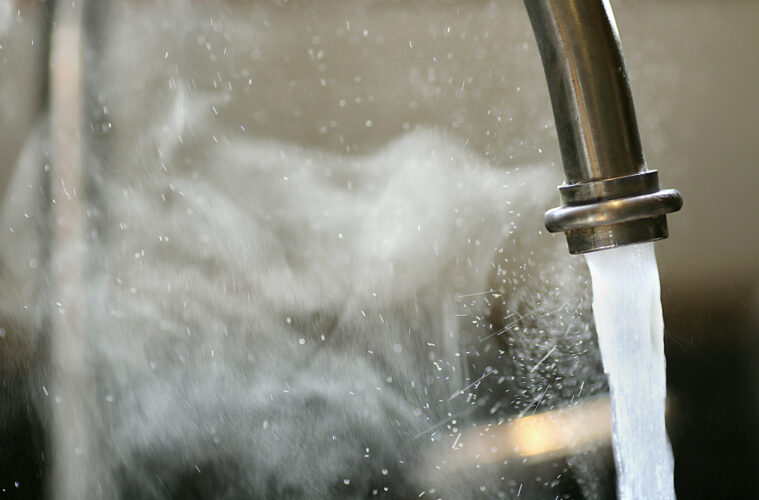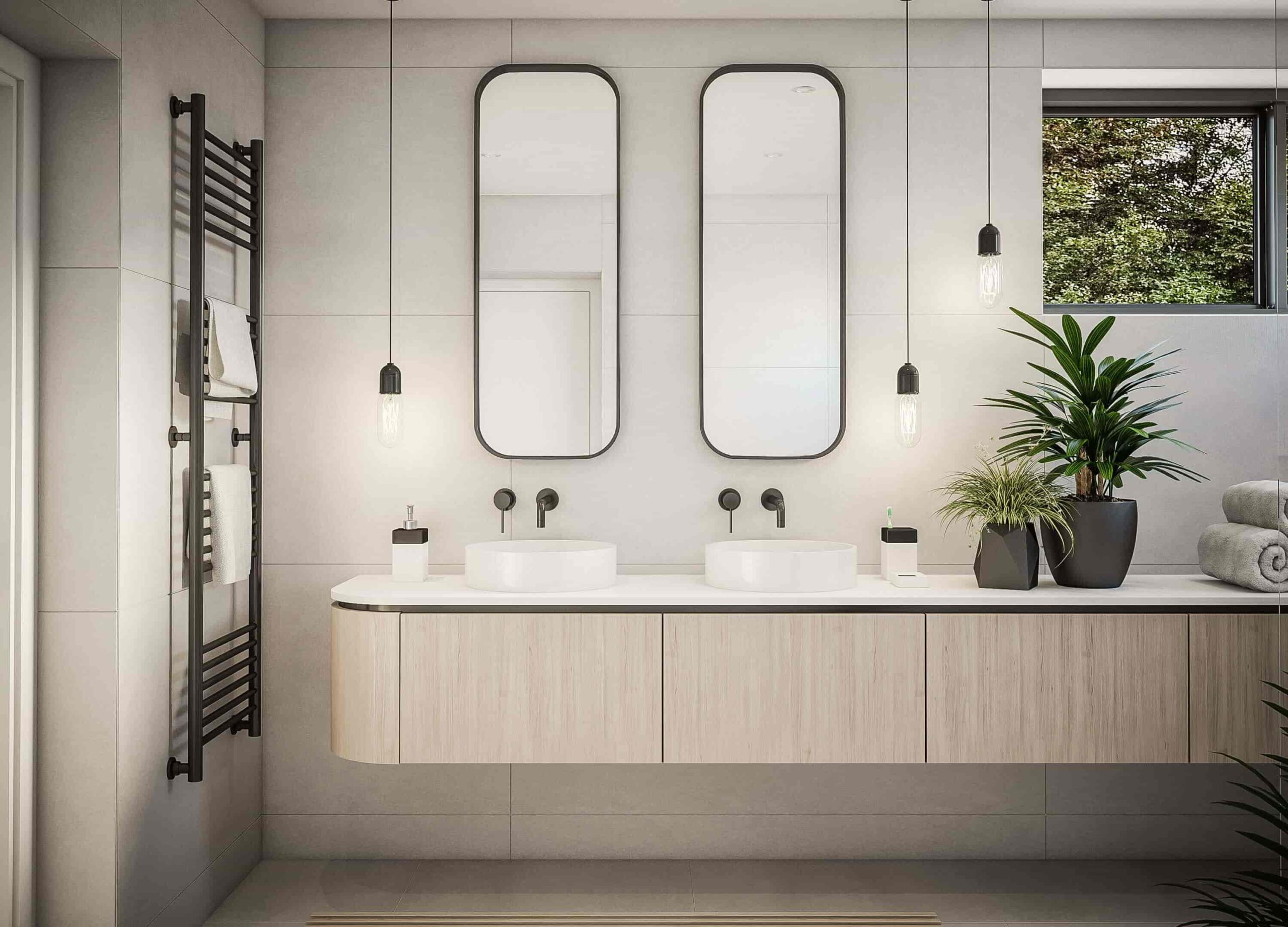Water heaters are the second largest energy consumer in homes, second only to HVAC systems. The bigger your household is, the more expensive your heating bill will be. Luckily, you can save energy without cutting your hot water usage by replacing your current system with a new, more energy-efficient one.
Factors to Consider
Whether your water heater failed, its warranty expired or you’re simply looking for a more efficient model, there are three main factors to consider when choosing a replacement. If you do not know where to start to look for a water heater for your home, you may want to consult a licensed plumber or technician in your area. Professional water heater installers can inspect your current system, make recommendations on the best brands, and perform a professional water heater installation. Below, we look at what factors to consider when choosing the best water heater for your home.
Size
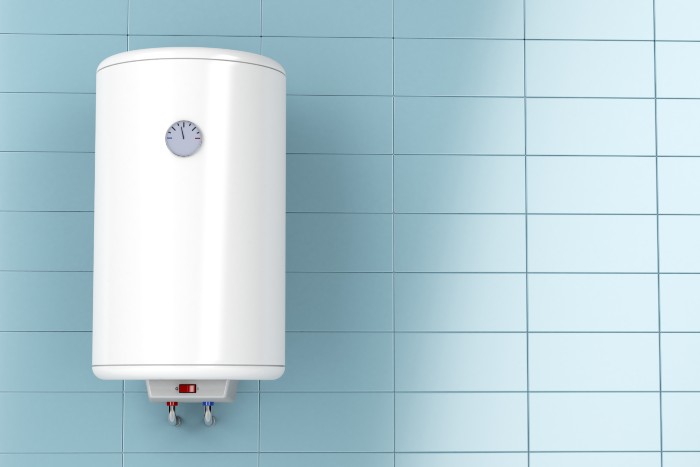
source: pinterest.com
Water heating equipment comes in a variety of shapes and sizes. However, a new one won’t do much good if it doesn’t have the capacity to suit your family’s needs. Therefore, you must choose a large enough tank to supply all your household’s water requirements.
Fuel
Several fuel typescan power water heaters, including electricity, natural gas, propane, solar and geothermal. The first three are the most common, but renewable energies are gaining momentum among eco-conscious homeowners and those looking to save more money in the long run.
Type
There are four main water heater types on the market today. Some, like storage water heaters, are quite popular, while others, like tankless systems, may be less so. Each type has its pros and cons. However, one will likely suit your home better than the rest.
1. Conventional Storage
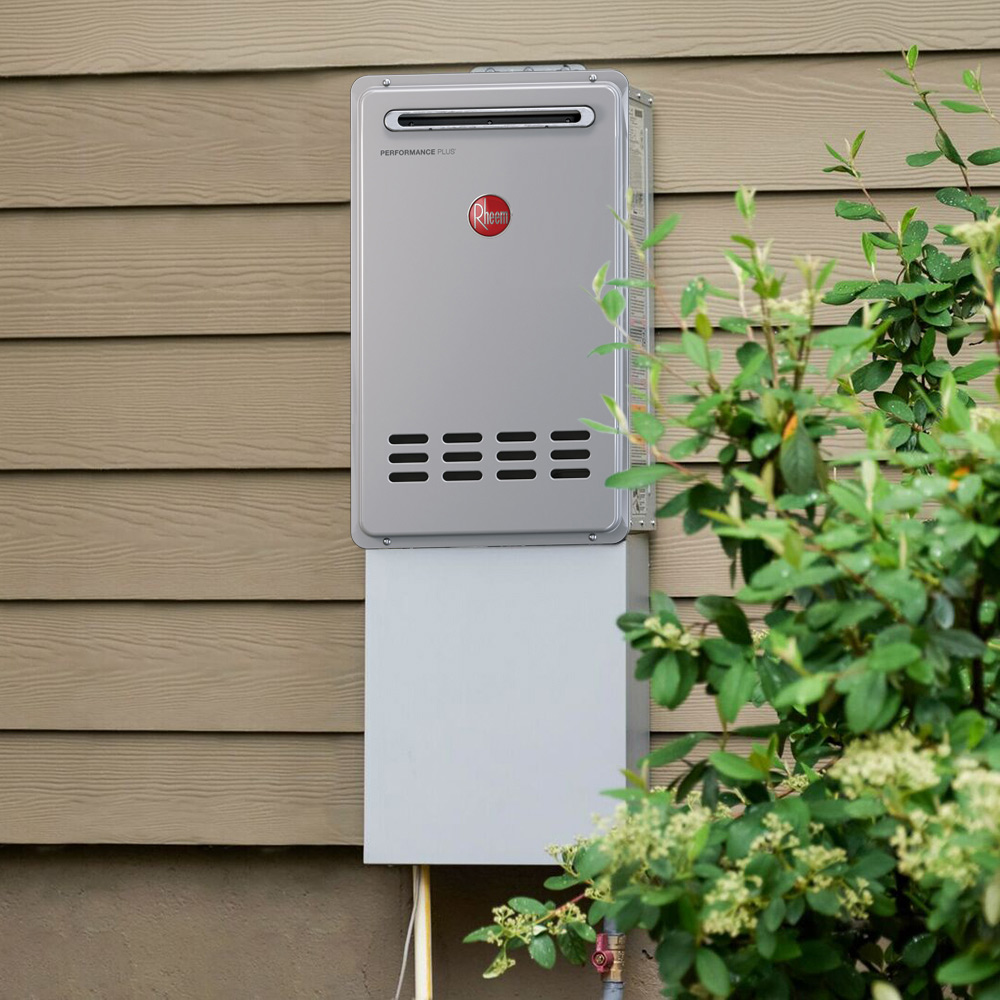
source: pinterest.com
A conventional storage water heater can hold dozens of gallons of hot water, making it an excellent choice for large families and those with high hot water requirements. This model is also easier to install than other systems and offers the most affordable upfront cost.
However, storage water heaters tend to be inefficient and can take longer than an hour to refill, which means they’re more expensive in the long run. Keep costs low by using solar or geothermal energy rather than gas or electricity to heat the tank.
2. Condensing
Condensing water heaters are another popular water heater type, especially in homes that rely on gas as their main energy source. Like storage water heaters, condensing models hold all the hot water in a single tank. However, instead of emitting exhaust through the flue, this heater saves energy by sending it through a coil inside the tank. This means the first-hour recovery rate will be much higher than a conventional heater, so it’s unlikely you’ll run out of hot water.
Condensing systems are one of the largest water heater choices, which means they’re more suited for families that require a capacity of 55 gallons or more. They’re also easiest to install in homes that run on natural gas. Thus, if your current configuration includes electricity or renewables, you may be better off with a different type of water heater.
3. Heat Pump
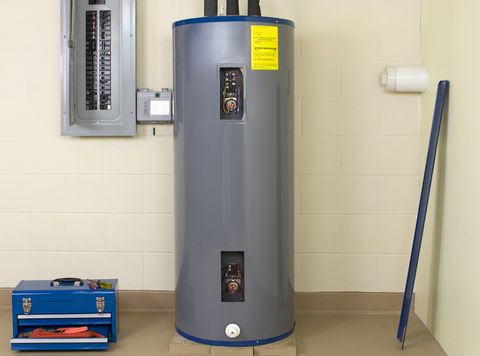
source: hearstapps.com
If you already have a geothermal heating and cooling system, a heat pump may be one of the best water heater choices for your home. This system draws on warmth from the air or ground and concentrates it inside the holding tank to heat your water.
Because it doesn’t consume fuel in the process, this water heater type is generally more sustainable and cost-effective in the long run. In fact, you could slash your utility bills by up to 65% each year just by switching to one of these green systems. Just keep in mind that you’ll have to pay more in upfront costs and installation, especially if you don’t yet have a geothermal HVAC.
4. Tankless or On-Demand
Maybe you live alone or share a home with just one other person. In this case, a tankless or on-demand system may be the best water heater choice for your household. These range in size but are small compared to other options. They can also reduce your overall energy consumption by 20%-30% by eliminating standby heat loss, which can significantly reduce your utility bills.
Because on-demand systems can only run on gas or electricity, they can help narrow down your water heater choices. It’s also important to remember that you may very well get warm instead of hot water if the system cannot supply all your simultaneous hot water requirements. As a result, they might not be the best water heater type for large families.
Making a Decision
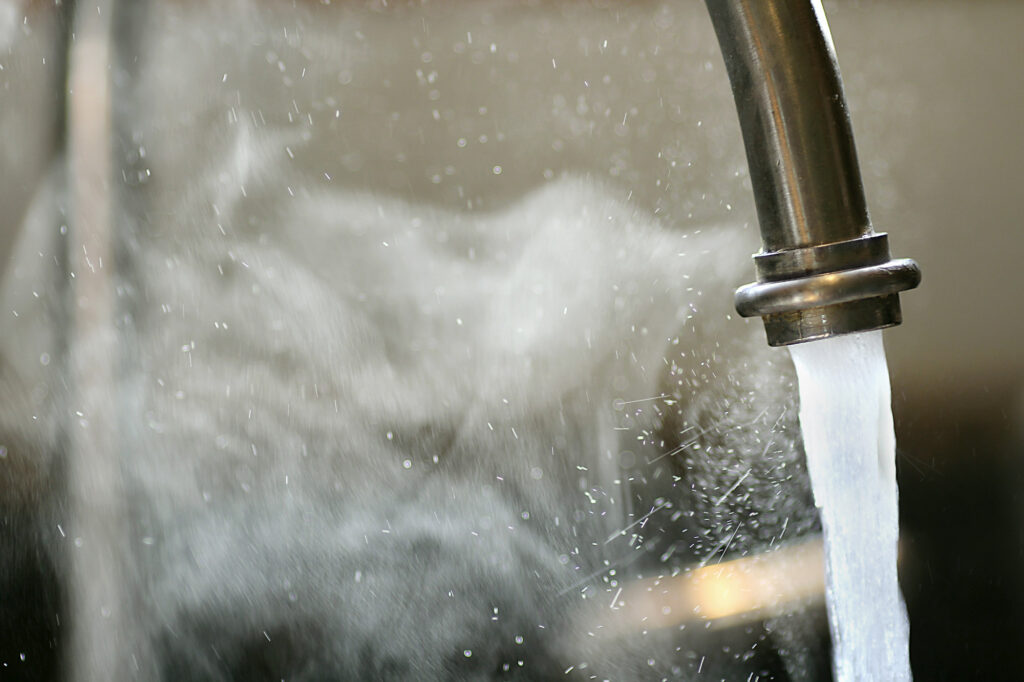
source: pinterest.com
Choosing the right water heater ultimately comes down to your needs, preferences and budget, as well as which kinds of systems your house is already equipped to accommodate. Regardless, picking the most energy-efficient one is the smartest choice because your savings will help offset the initial cost and reduce your bills over time.

